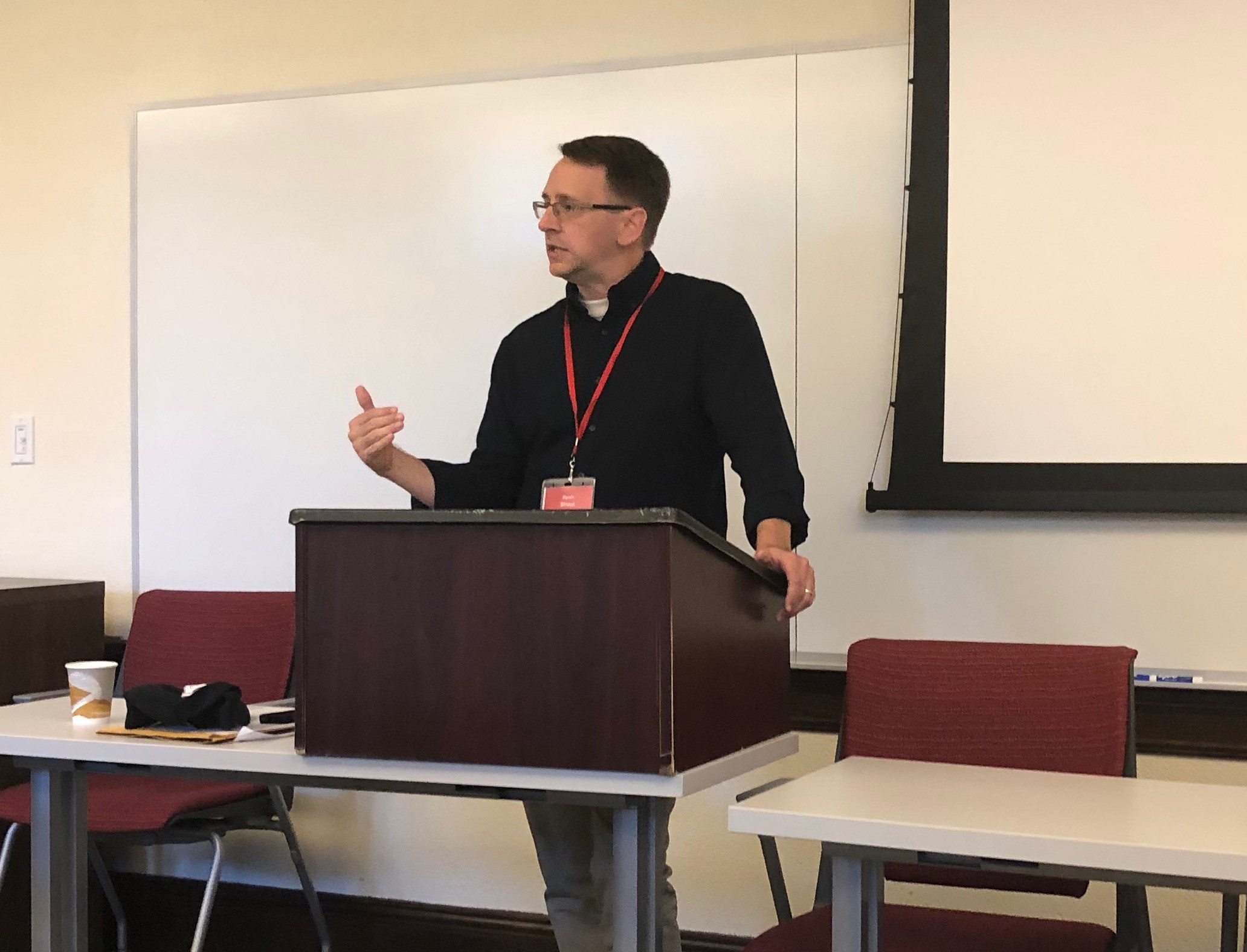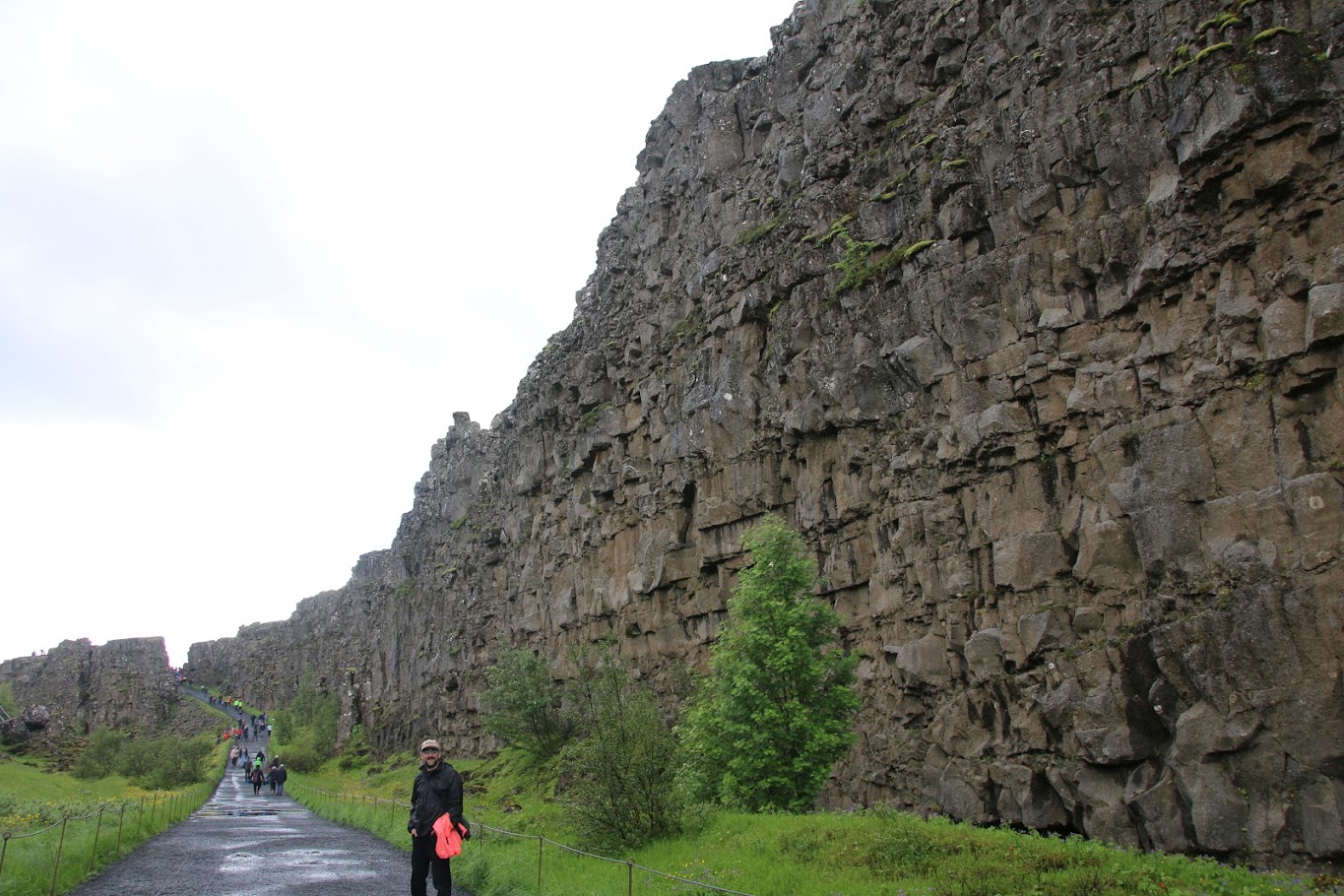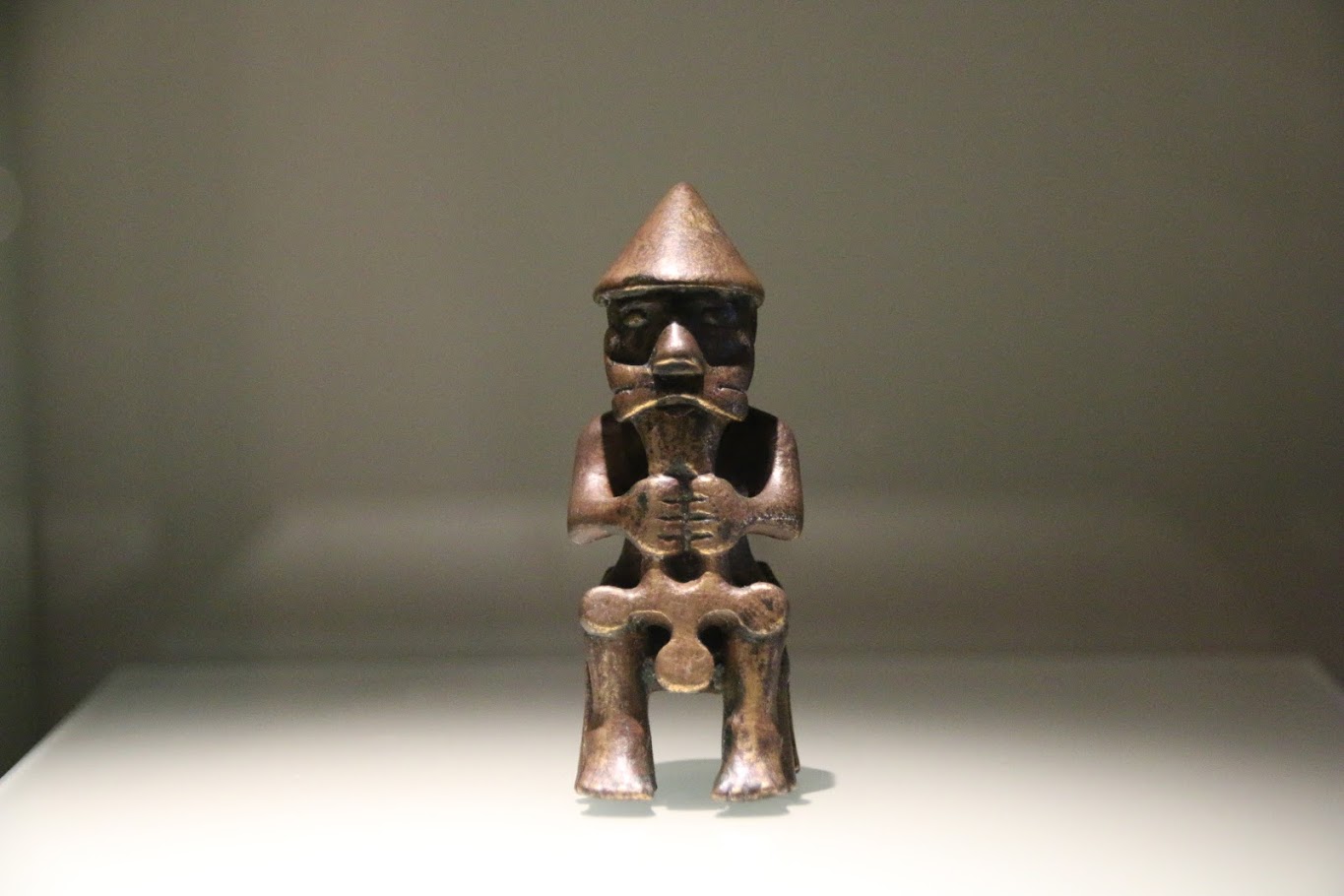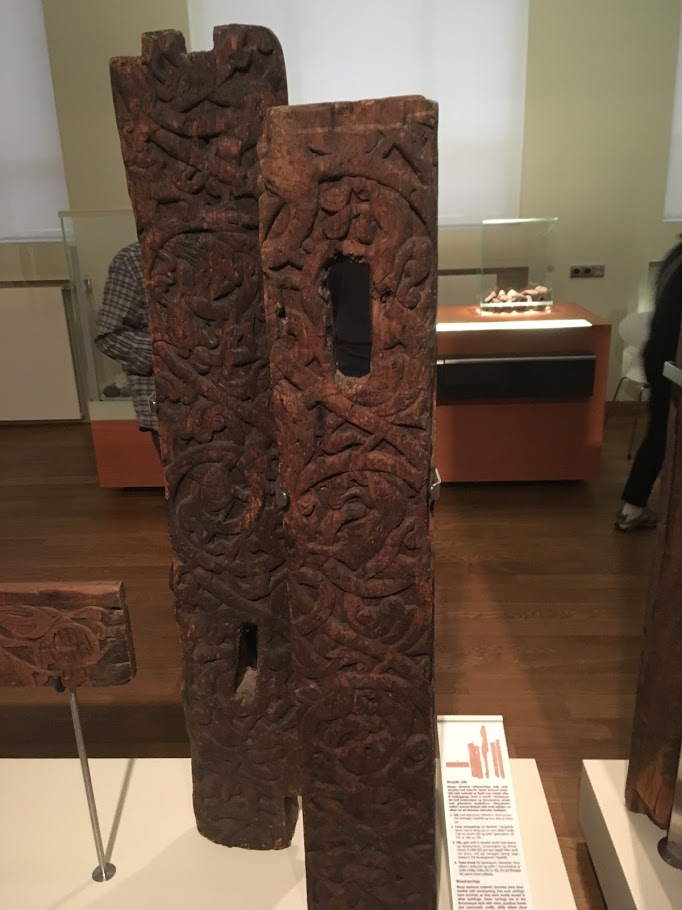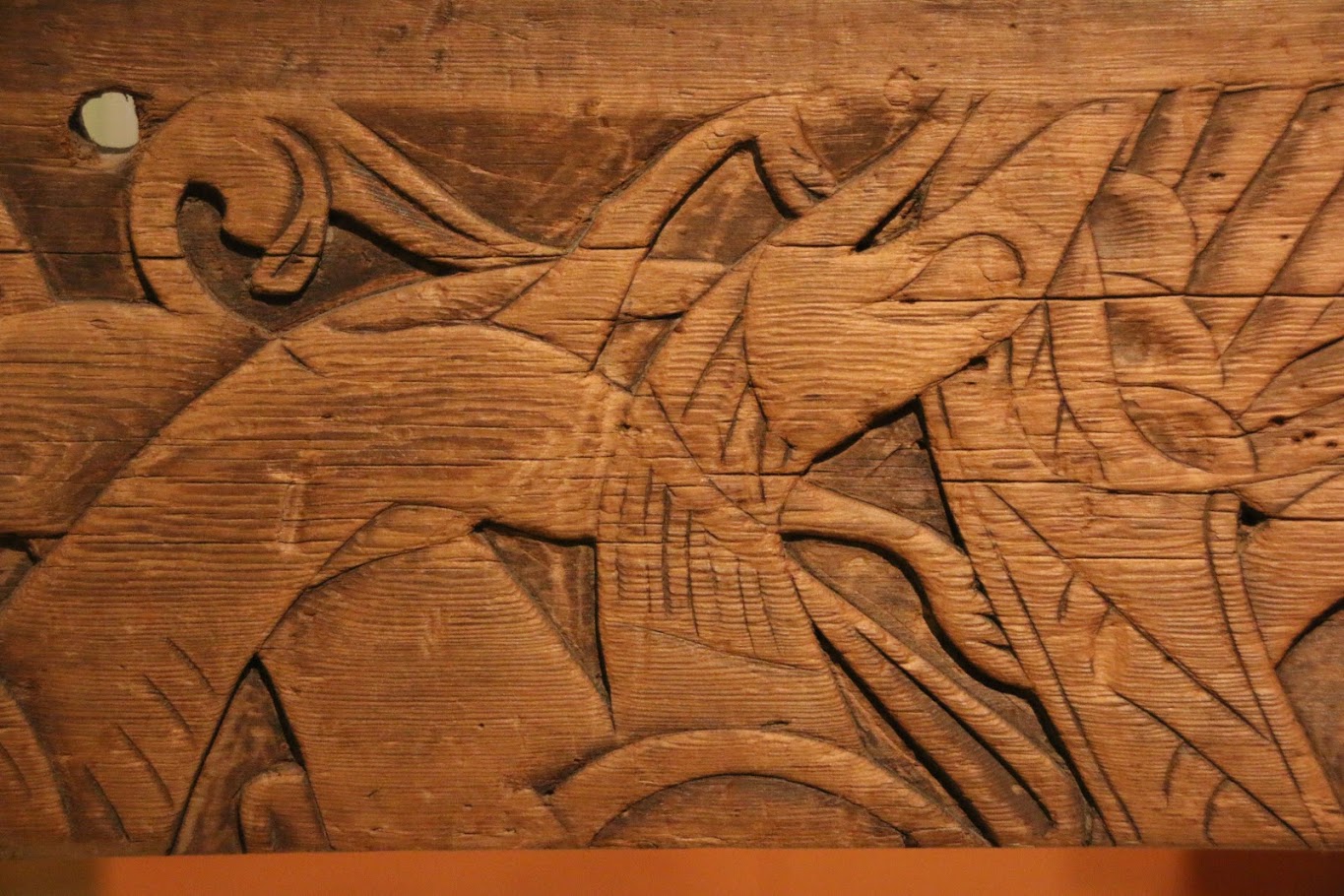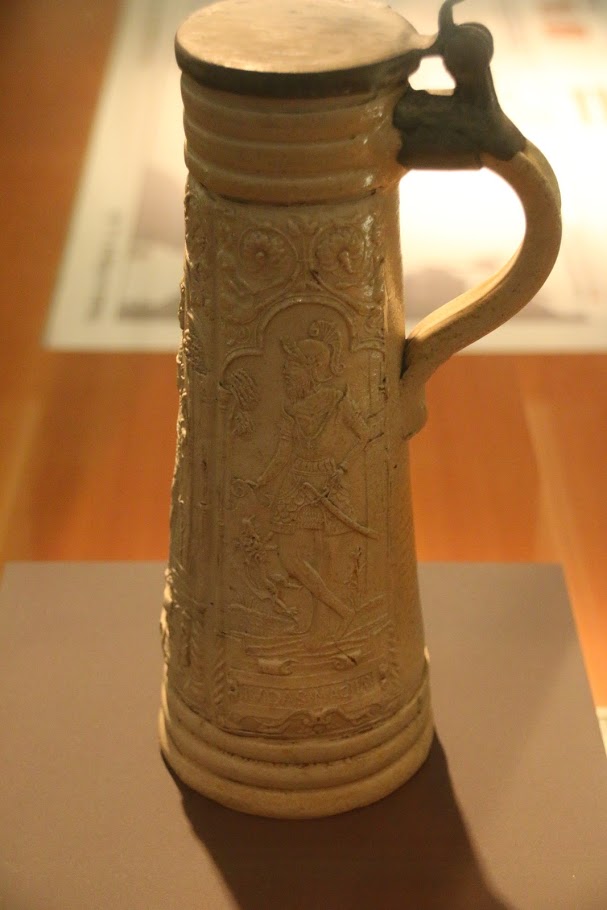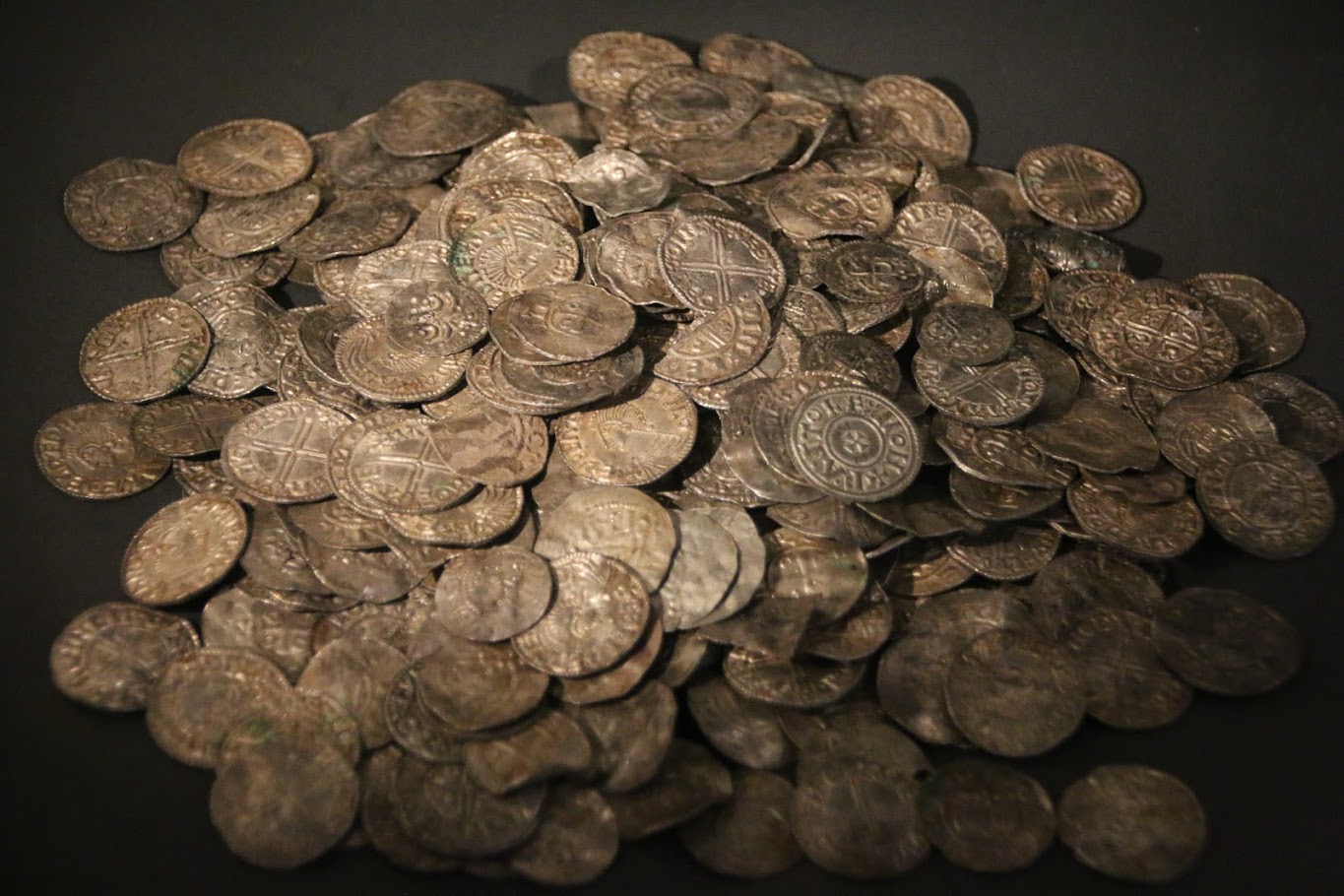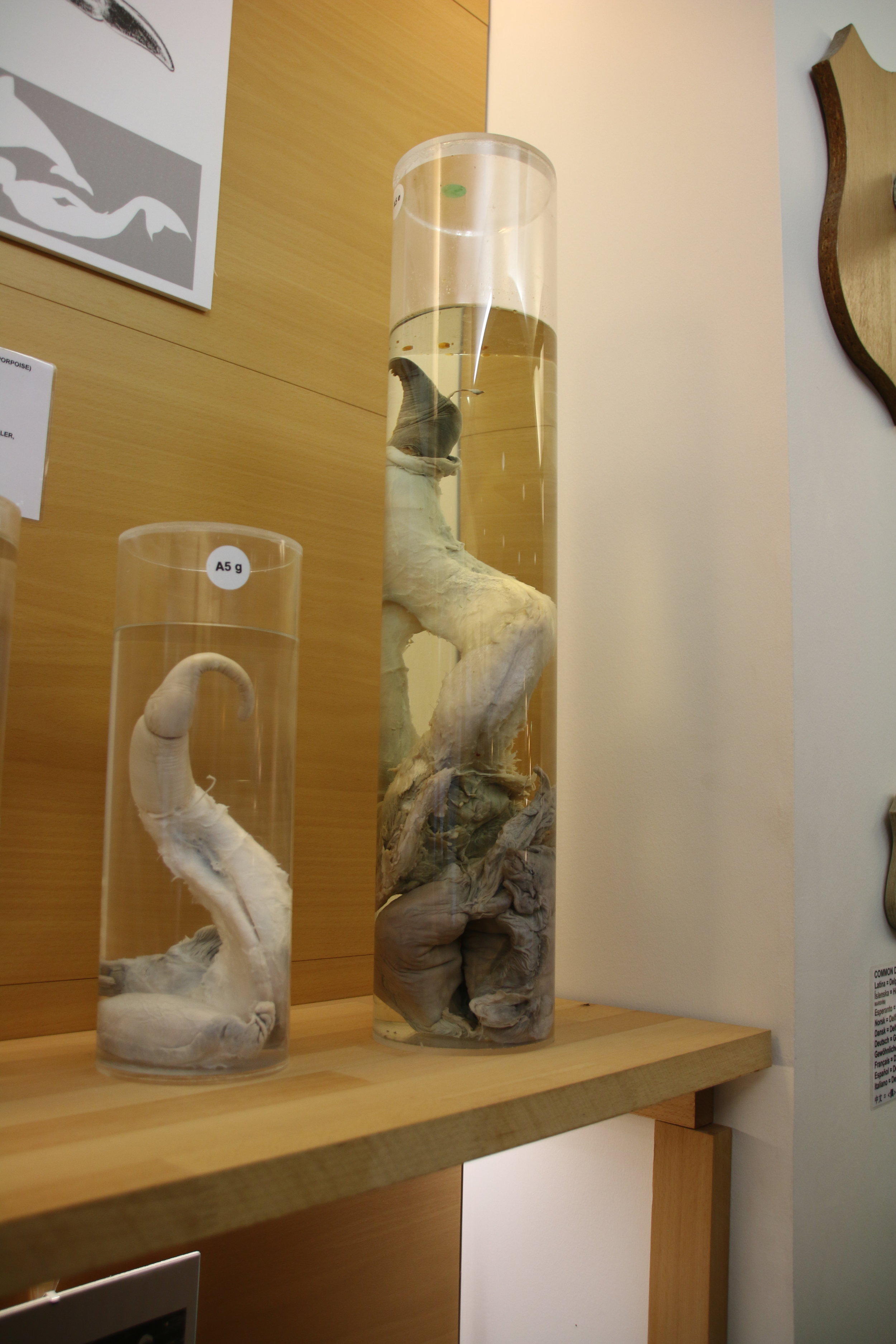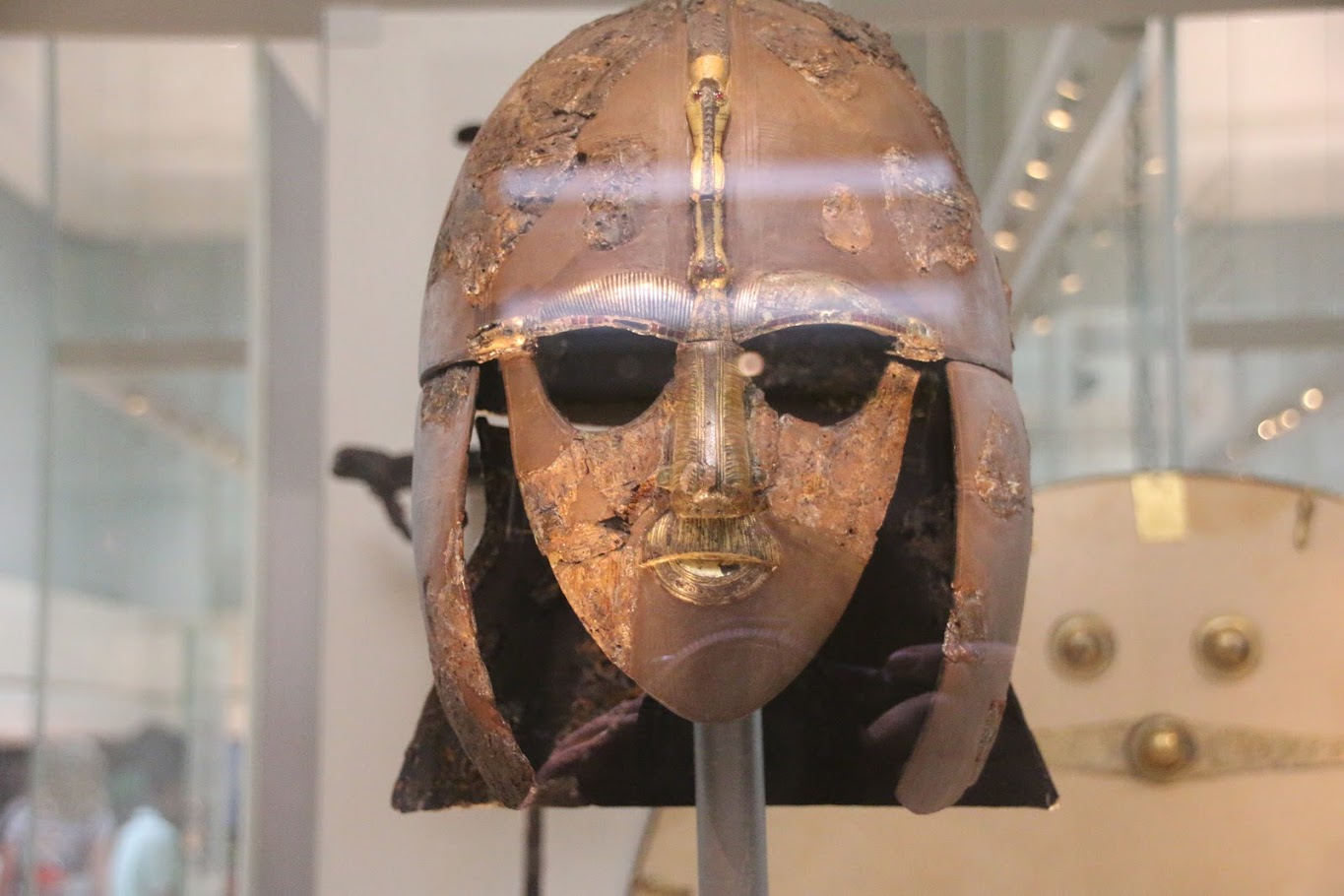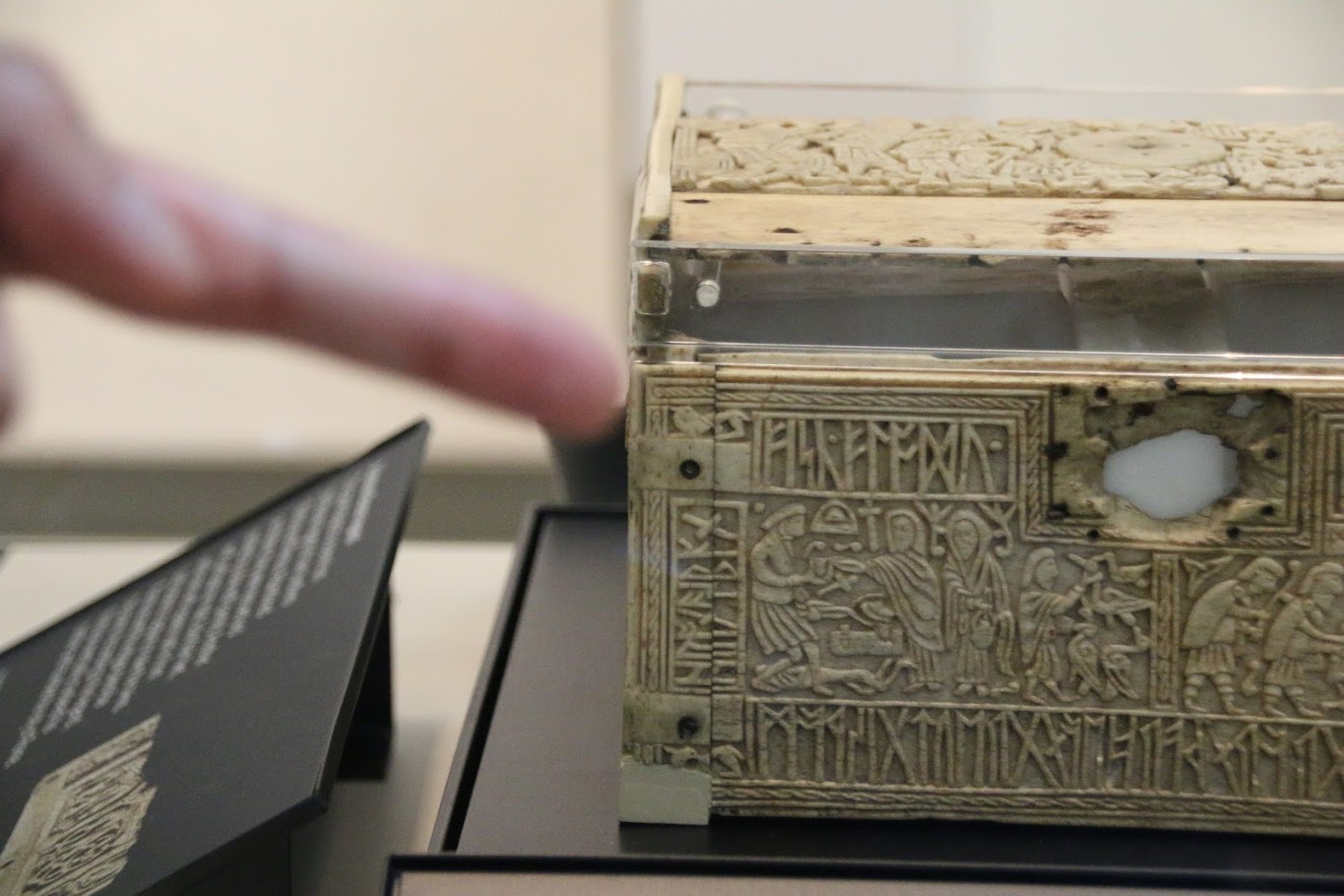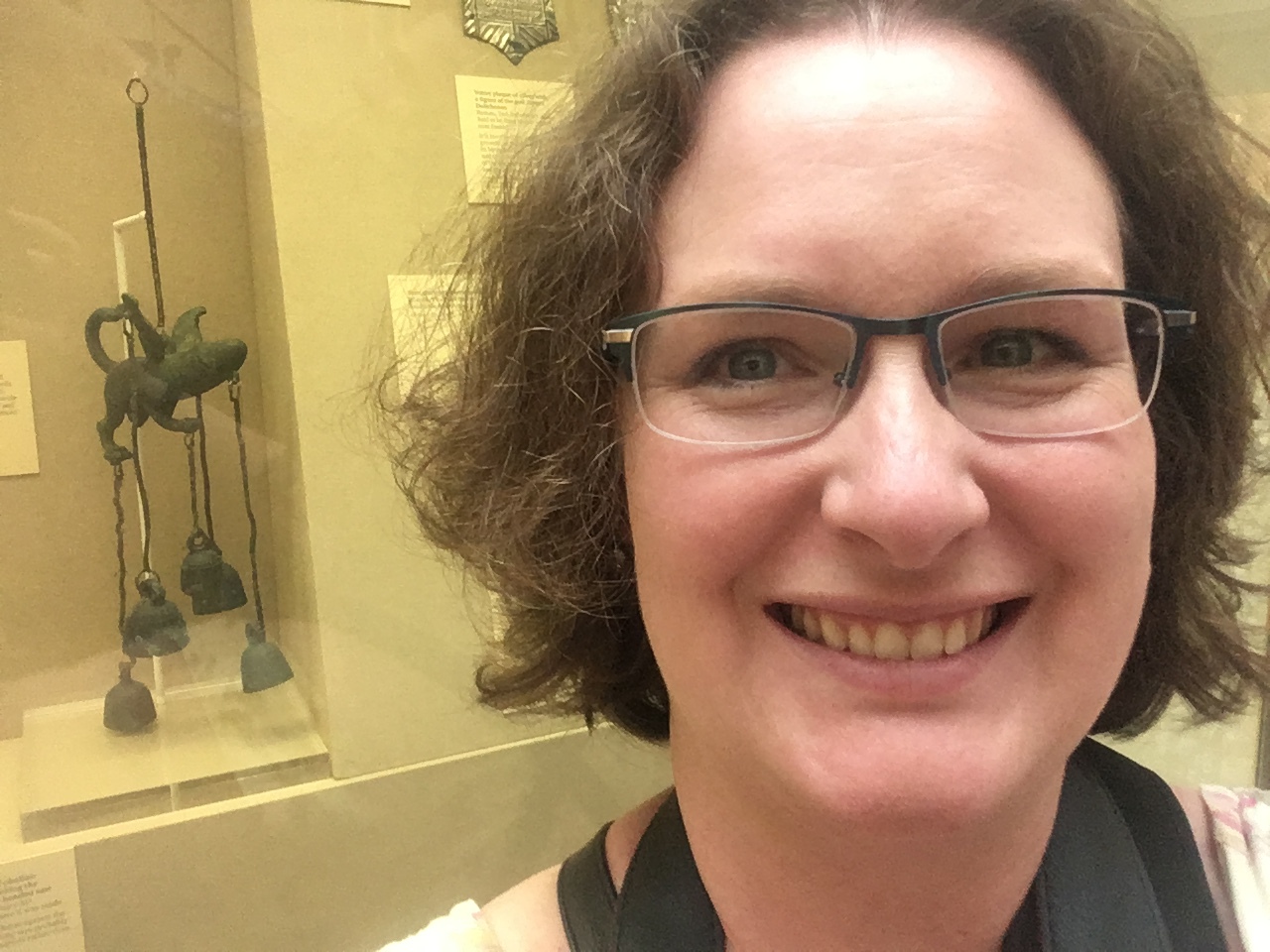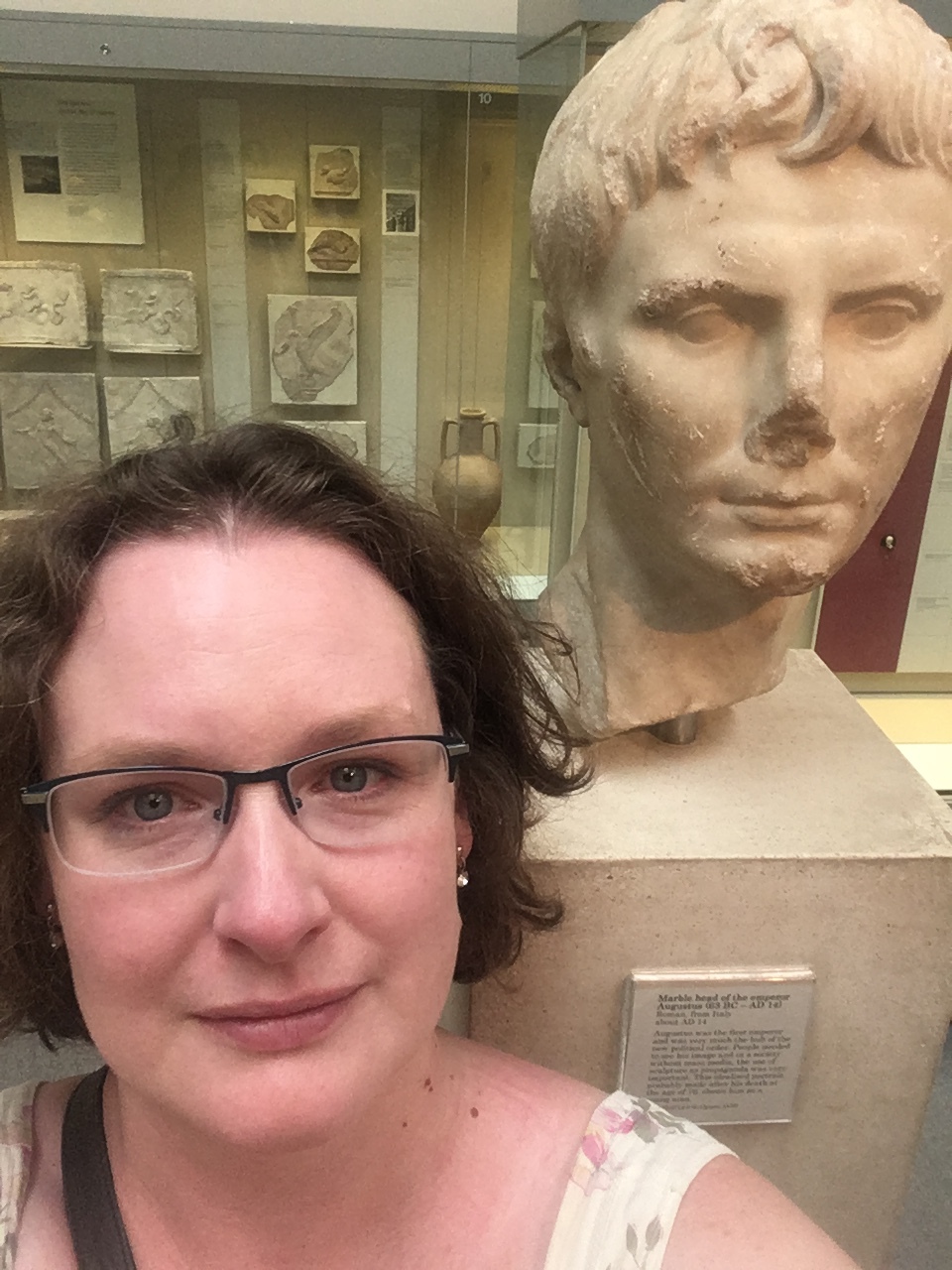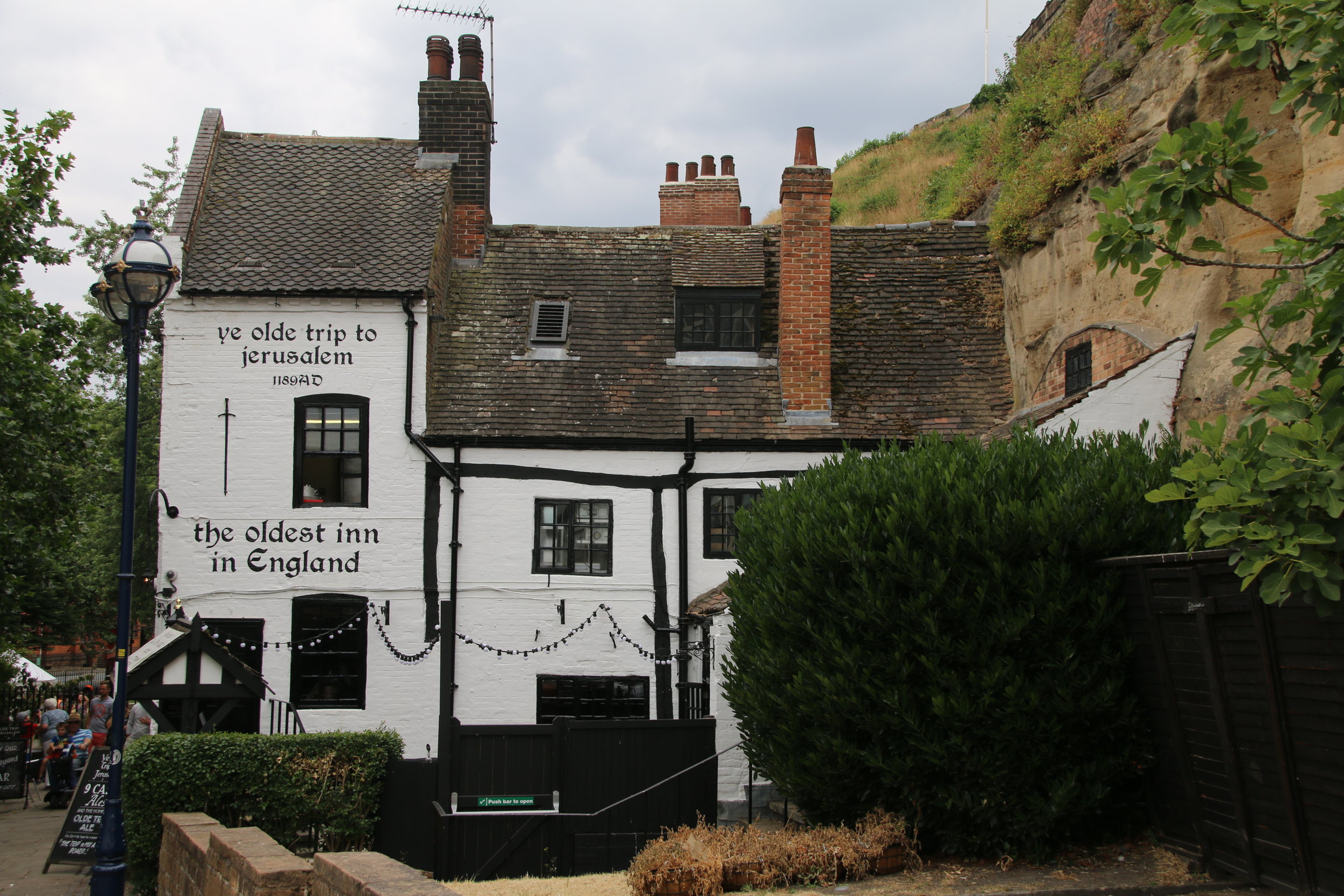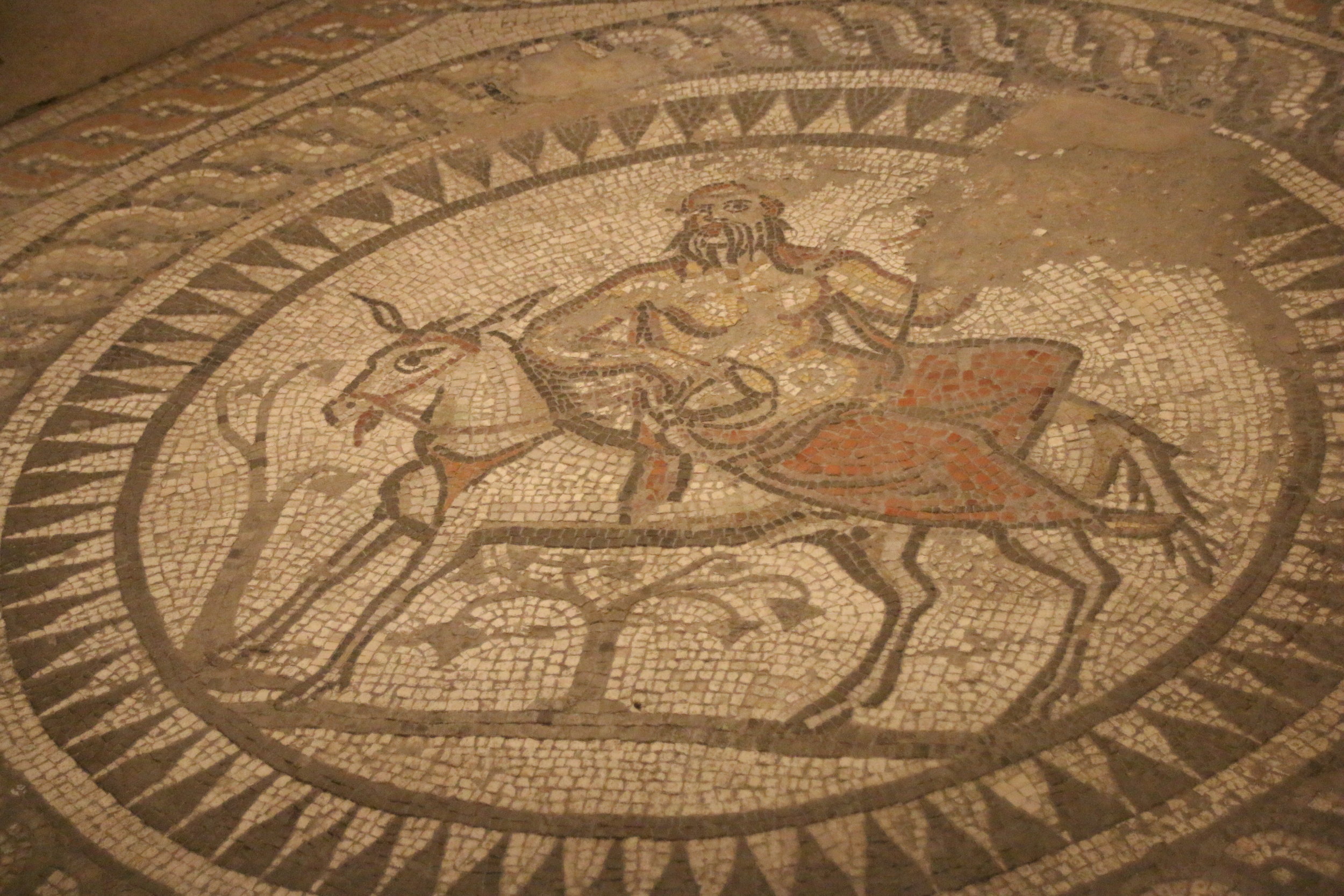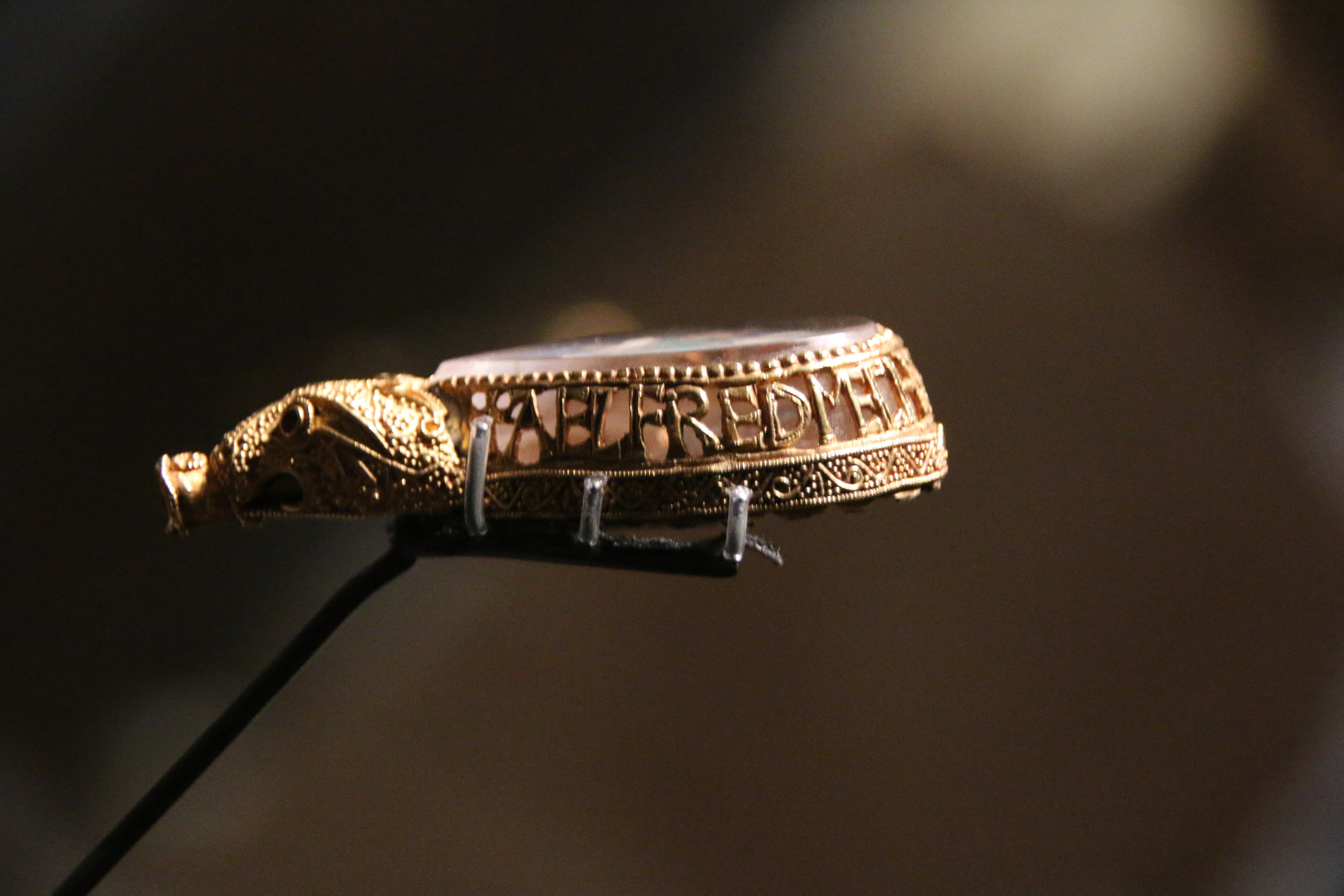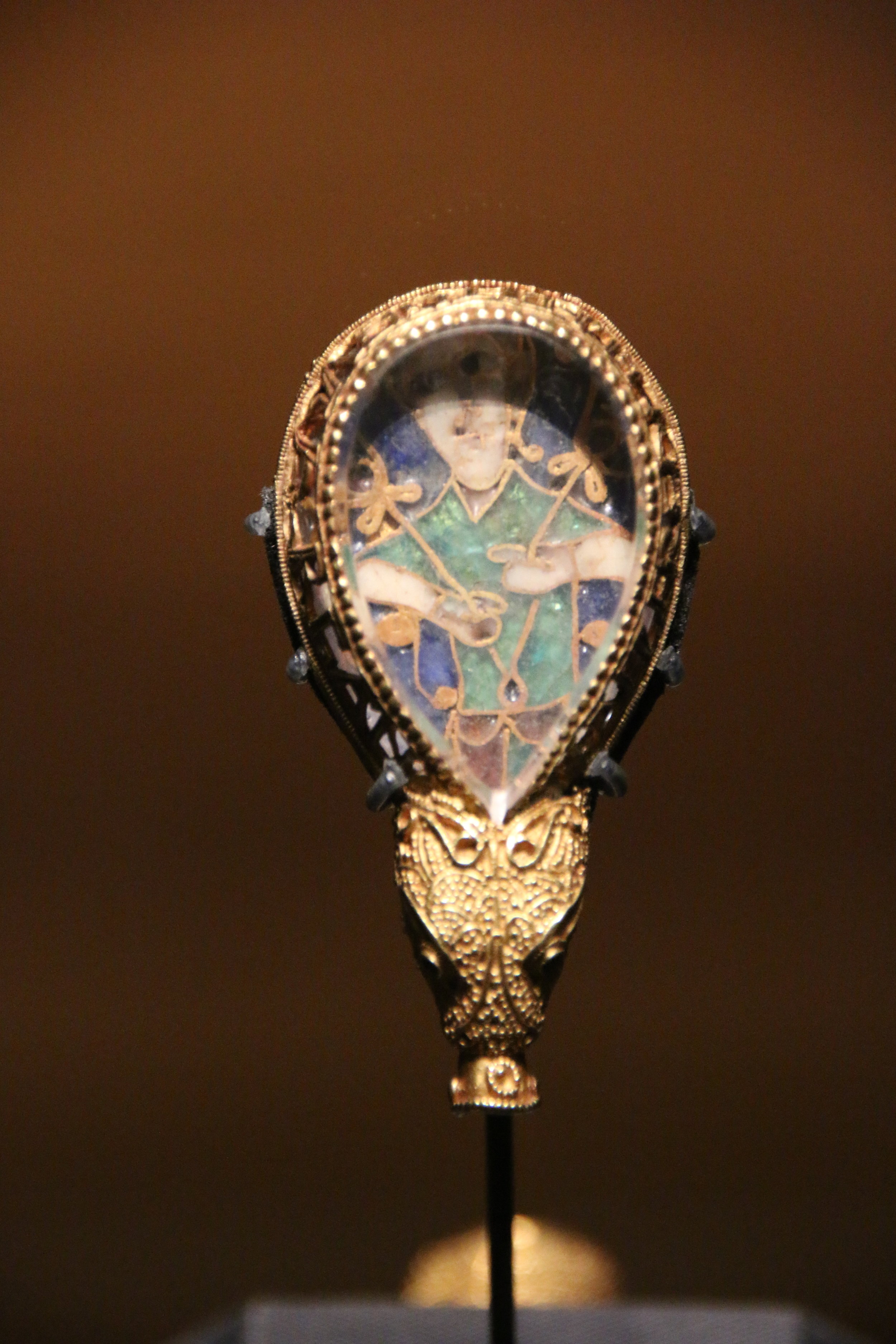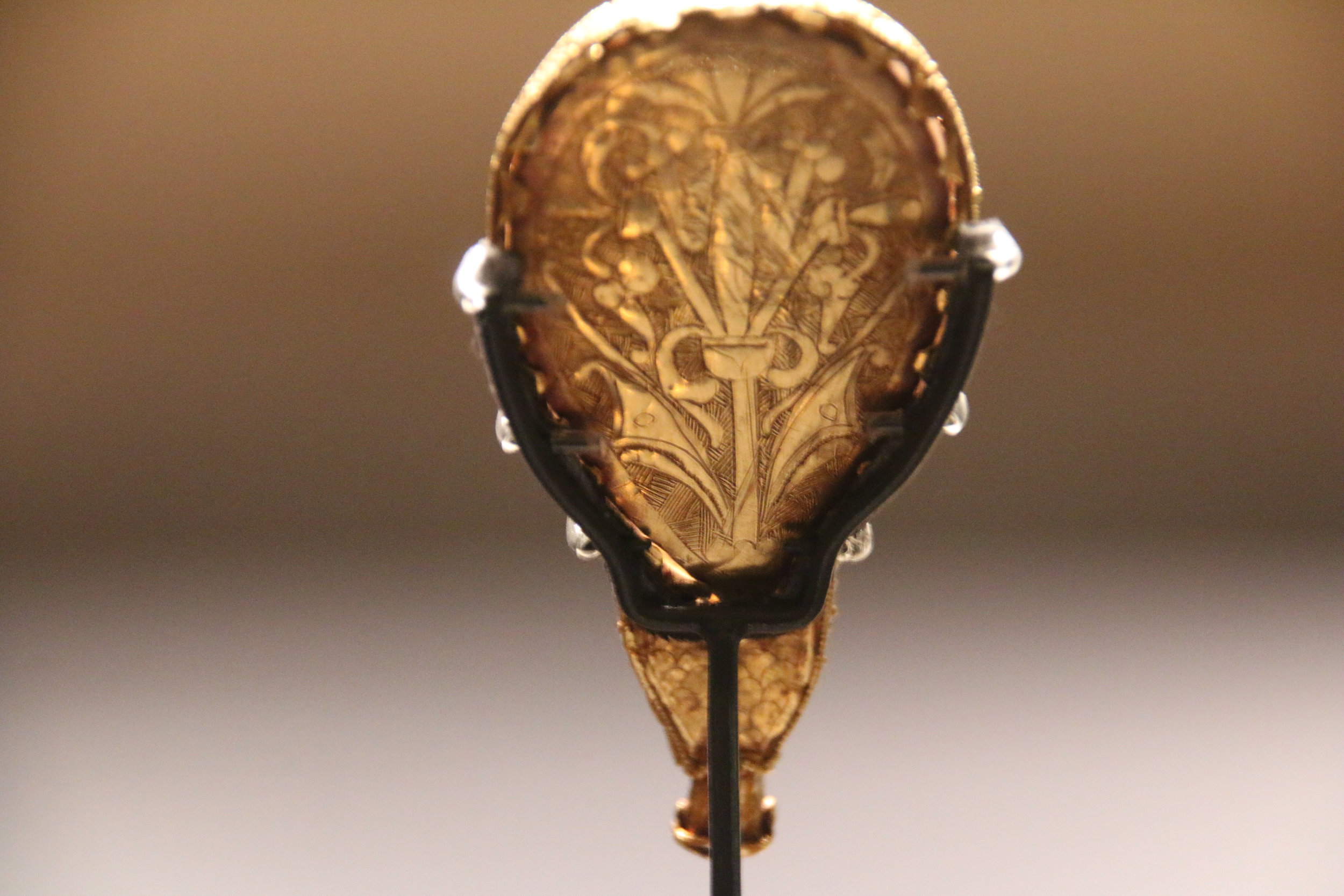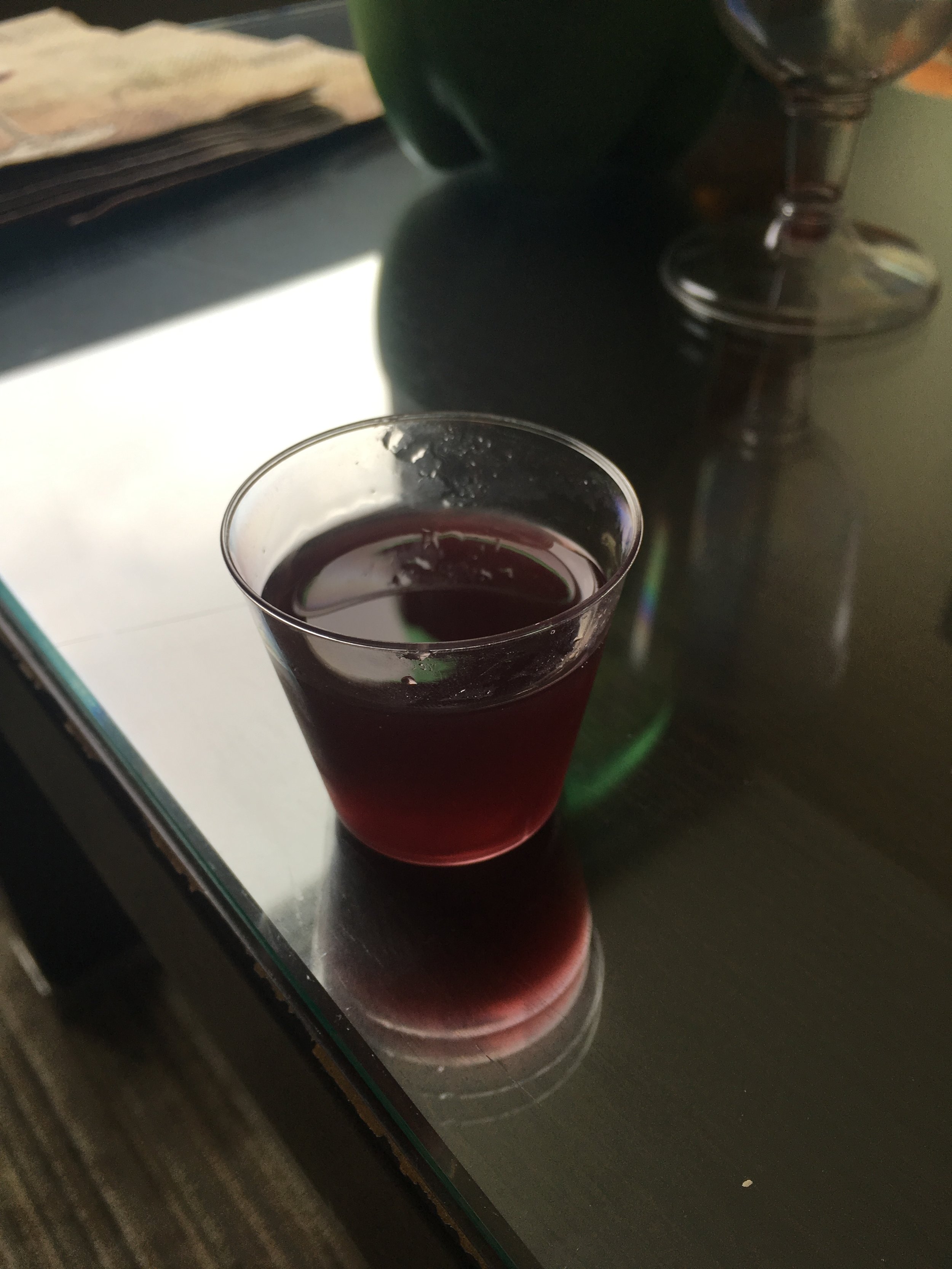Amalia Dillin is an author of mythic fantasy and historical fiction set in the ancient and Viking worlds. Among other books, she’s written the Fate of the Gods trilogy, about Eve and Adam (and Thor and Athena and more!), and the Orc Saga, beginning with Honor among Orcs. She also writes, as Amalia Carosella, about Bronze Age Greece (Helen of Sparta & sequels, about the love between Helen & Theseus) and the Viking Age (Daughter of a Thousand Years, about Freydis, daughter of Erik the Red, and also a modern women wrestling with her newly found pagan faith).
We spoke to Amalia before the holidays about her love of mythology, the complexities of writing historical fiction, and goats!
And hey, the Kindle of Daughter of a Thousand Years is on sale for $0.99, and the paperback is also on sale!
Amalia’s website with links to her blog and all of her books.














